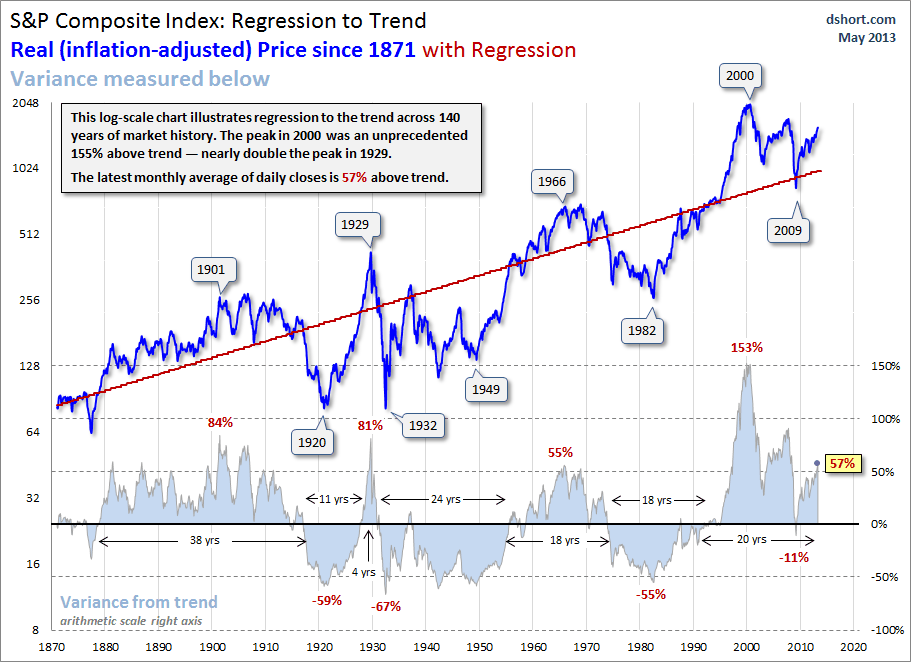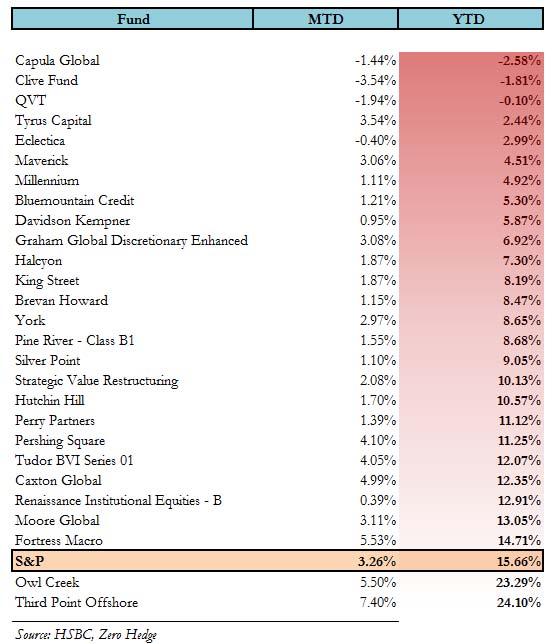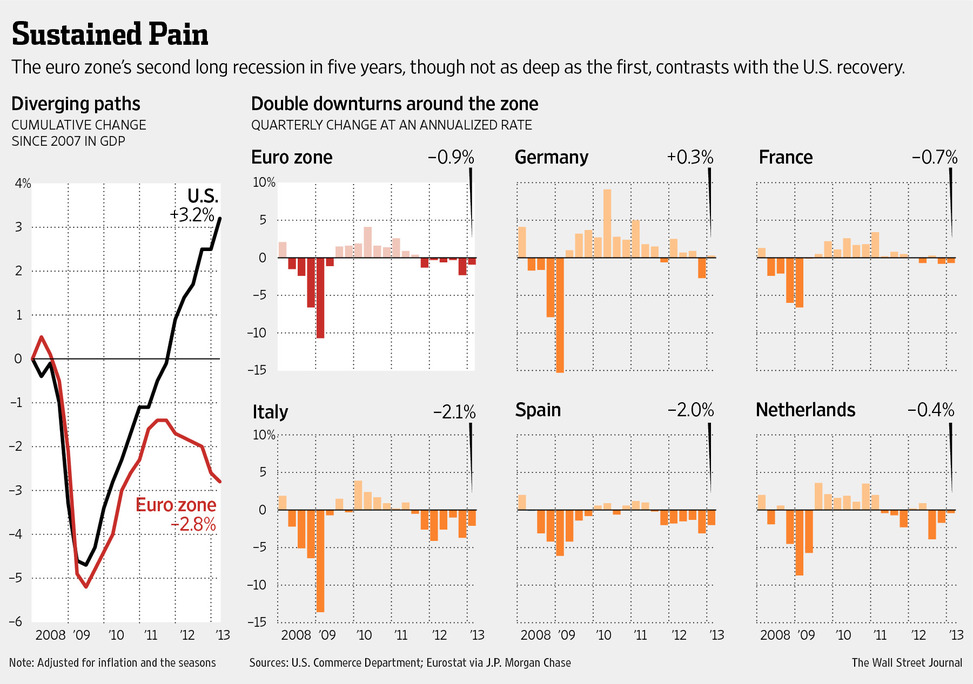
giofranchi
Member-
Posts
5,510 -
Joined
-
Last visited
Content Type
Profiles
Forums
Events
Everything posted by giofranchi
-
Thanks! Very kind of you! :) giofranchi
-
Some highlights from the 2012 SIC. giofranchi BLOG-2013-06-Look-Whos-Talking.pdf
-
+1 Very good interview! Thanks for posting! :) giofranchi
-
The First Tycoon: The Epic Life of Cornelius Vanderbilt UNABRIDGED
giofranchi replied to ASTA's topic in Books
giofranchi -
Of course not! I am the one in the first place to invest, and not to trade! But FIAT is no KO, AMEX, or GEICO. I understand FIAT as a trading opportunity, when its shares are at very depressed price levels. But not as a long term investment. Unfortunately, a reliable 10% ROE each year is not consistent with the history of FIAT. In Italy it is very well known that FIAT would have lost money more often than not throughout its history, if it hadn’t been repeatedly bailed out by the government… I am not saying the future will be the same. On the contrary: it will probably be very much different! But I don’t have any particular insight into the auto business, I have never liked it much, and I have never made the effort to understand it well. Poor history of profitability for the business + lack of knowledge on my part about the industry = I stay away. giofranchi
-
During the financial crisis NAV reached a maximum of $10.02 on 18th June 2008, before decreasing to a minimum of $5.83 on 22nd April 2009 (see files in attachment): a -41.8% loss. So, Mr. Loeb definitely did not perform well during the financial crisis. He was not alone! :) giofranchi 6-20-08-net-asset-values.pdf 4-24-09-net-asset-values.pdf
-
Great letter by Mr. Vito Maida on the importance of time. Enjoy! giofranchi Patient-Capital-Management-Q1-2013.pdf
-
IceCap Asset Management May 2013. giofranchi IceCap-Asset-Management-Limited-Global-Markets-2013.5.pdf
-
Hugh Hendry April 2013. giofranchi Hugh-Hendry-April-2013.pdf
-
Interview with Mr. Jim Rogers. giofranchi Jim-Rogers-Nobody-Gets-Out-Of-This-Situation-Until-Theres-A-Crisis.pd_____f.pdf
-
Hi LongTerm, I couldn’t agree more with you! You have just expressed exactly my own view! :) The only difference is that I don’t find macro confusing… I find it… a lot of fun!! ;D I really enjoy reading all the papers that are posted on this thread… I know, I might sound a little bit weird… Yet, I really prefer them to almost any novel out there! ;) But I know I am, paraphrasing Mr. Kyle Bass, a “macro-tourist”, and I never make an investment decision based on “macro predictions”. giofranchi
-
Jarden Corp., DreamWorks Animation, AutoNation Inc.: giofranchi May_2013_Commentary_Long_Product_Lifecycle.pdf
-
I usually don’t do anything of that sort… Instead, when I believe FCF is the right metric to evaluate a company, I look back at past years: how fast has FCF per share grown in the last 10-year period? 15%? Very good! Then I try to answer this question: will it keep growing at the same rate for the next 10-15 years? Ok, very hard question to answer… But you must study the business and do your homework, right? Finally, will the P/FCF multiple stay the same 10 years from now? If the P/FCF is in between 10 and 15, and the company keeps growing FCF at a 15% annual rate, there is no reason why the P/FCF multiple should contract in the future. Result: I buy a company that is selling at 13xFCF per share, which will grow FCF per share at a 15% annual rate for the next 10 years, and will still be trading around 13xFCF per share in year 11: 15% CAGR in the value of my investment for the next 10 years. :) giofranchi
-
--The First Tycoon Now, change 1857 with 2009, change Harlem with GE or GS, and change Vanderbilt with Buffett… and what you get is no change at all!! ;) Dazel, All the great entrepreneurs I have studied throughout history got just one thing in common: they all had cash, when others had trouble. Don’t ask me how they did it… I don’t know! I would be one of them otherwise! But one thing is for certain: they grew slowly and steadily when times were good, and they grew by leaps and bounds when times got hard. I think we should take notice and at least try to emulate them. Packer, I understand that interest rates are going to stay low for a protracted period of time, but a company is worth the discounted value of all the cash it will produce for the next 50+ years. During the 20th century there were many years of very low interest rates, many years of very high interest rates, and many years of average interest rates… why won’t it be so during the 21st century too? giofranchi
-
Dazel, I basically agree with you. I just try to modulate my aggressiveness in investing… but I am always on the lookout for a $1 asset for 50 cents! :) The problem, I guess, is that valuations seldom are etched in stone… they are much more “liquid”… maybe, it is me and only me, but… I am not so SURE about what a company is really worth… any company, I must admit… because I am not so sure my assumptions aren’t biased at all due to external circumstances… I have already told dcollon, but I will repeat it now: the first thought I have every time I think back about 2007 is the following: “I was positive I held investments only in undervalued stocks!”… it might be just a weakness of mine… but 2007 has thought me not to be arrogant or in a hurry to get rich… instead, to always keep some powder dry… just trying to understand how much of it... giofranchi
-
Dazel, I am not sure about many things… but I am pretty sure about one thing: you and I are the sole responsible for our financial well being. If you choose to completely disregard what’s going on around you, and then lose money, you won’t be able to say: “well, but Mr. Lynch told this and that…”. Or better, you will surely be able to say so, but it won’t bring your money back… Risk control: it is up to you. Nobody else. And my view is it is always better to have no regrets. Because regrets weaken our spirits and undermine our confidence. Even if in the short run it seems that to prevent future regrets costs us some money. To be clear: Mr. Lynch’s career was launched and ended during the most spectacular secular bull market in human history. Why everything he said should be relevant today is beyond me. To be even more clear: Mr. Buffett says he doesn’t care about the economy. Ok, he has $1.2 billion coming in every month to invest… I repeat, I am not sure about many things, but I am sure about another thing: Mr. Buffett’s situation is different from yours and mine. Risk control is paramount and so specific to each situation. FFH: I completely miss how people compare today’s hedging losses with previous CDS and hedging gains… They clearly belong to two different cycles! I would suggest to go rereading Mr. Watsa’s 2012 AL: I think the perspective on those pages is the right one. Packer, You are always very optimistic about human ingenuity, and so am I. But we already find ourselves mired in the midst of the largest pile of debt ever accumulated in human history (as a percentage of our productive capabilities). Those difficult times you referred to were a direct consequence of too much debt accumulated way back then. And it was not as huge a burden as it is today… I believe in human ingenuity. And I even believe the 21st century could turn out to be a better time for American businesses than the 20th century has been. Nonetheless, I would proceed with caution here… There will be plenty of time to get very rich, once we are on the right path to reduce our liabilities! giofranchi
-
Sorry, cannot help you... I bought TPOU on the LSE. giofranchi
-
Sometimes I think I am really dumb… because either I am dumb, or people are crazy! Here we have a person who oversees $325 billion (!!!!!) in investments, saying that we priced the market for the end of the world… Did we?! Really?! Being dumb, I had thought until now that even in March 2009 we just barely fell below the long term average growth trend for the S&P500… Priced for the end of the world?! Not even close!! … But, wait! I MUST be dumb… because we simply cannot afford someone crazy who manages $325 billion!! ;) giofranchi Well, now that I think of it, you could argue: giofranchi, please, stop bothering us with your silly assumption that what happened in the past might still be relevant today! We live in a new era, and the long term growth trend for the S&P500 is no more valid today. So, yes!, you are dumb!! To that I would reply: last century was the new era. You remember “How to Minimize Investment Returns” from Mr. Buffett’s 2005 AL? Over the 20th century American businesses did extraordinarily well! Last century really has been a new, extraordinarily prosperous era! Of course, the 21st century could turn out to be… well, a new new era… but then we should be "willing to settle" for 2 million plus!! When people talk about higher margins, and therefore higher returns from stocks, than last century, I always go back to “How to Minimize Investment Returns”. giofranchi
-
Sometimes I think I am really dumb… because either I am dumb, or people are crazy! Here we have a person who oversees $325 billion (!!!!!) in investments, saying that we priced the market for the end of the world… Did we?! Really?! Being dumb, I had thought until now that even in March 2009 we just barely fell below the long term average growth trend for the S&P500… Priced for the end of the world?! Not even close!! … But, wait! I MUST be dumb… because we simply cannot afford someone crazy who manages $325 billion!! ;) giofranchi
-
twacowfca, too kind of you! Thank you! :) Cheers! giofranchi
-
The Four Pillars Of Insurance Investing giofranchi The_Four_Pillars_of_Insurance_Investing.pdf
-
-
Hi, unfortunately, I am not from the big state of Texas… I am just from the small state of Italy… Yet, I can think of a solution that could be fine in Texas too: force the costs of higher education down. It will be possible to do it dramatically, and still retain profitability. Not only profitability, but also a good return on investment. My firm manages the operations of a master school inside the Politecnico of Milan. With financial aid from Italcementi SpA, we can charge 6,000 Euros for a professional master in engineering which lasts 12 months. This year I have insisted on and personally supervised the offering of online courses, giving people the opportunity to achieve the master diploma for almost half the price: 3,500 Euros. The enrolments have doubled. They are now the cheapest professional masters, offered by a university, that I know of. And, believe me, they are useful. People on this board hear Mr. Buffett suggest to read 500 pages a day, and think: sure, I will do that! And I will enjoy it greatly! And people on this board will surely build up a great amount of knowledge and wealth. But education is not for the smart and the fast, education should be thought out to help those who smart and fast are not. The simple truth is the great majority of people out there are different from the people who regularly meet on this board: they won’t read 500 pages a day, they won’t even read 50 pages a day, I even doubt there are many people out there who read 5 useful pages a day… unless they are somehow forced to do so. And that’s where the usefulness of a higher education and of obtaining a degree still lies: to give people a schedule and to compel them to follow it in order to build at least some knowledge. Take for instance our masters: we have architects who have never studied engineering before, but acknowledge it would be very useful for their future career. And yet, they will never study engineering, if left by themselves! We have engineers who have never studied economics before, but acknowledge it would be very useful for their future career. And yet, they will never study economics, if left by themselves! (The course on value investing I teach is worth the ticket alone! ;D ;D ;D) When they finally meet companies to get employed, those companies very often let us know there is a real gap between those who have followed our professional masters, and those who instead have not. And that they are truly happy to offer a good job to our students. So, imo, the solution is not to do without higher education, but just to bring its costs way down. If we somehow managed to do it in the small state of Italy, you surely could come out with some very effective ideas in the great state of Texas too! :) giofranchi
-
-
Felix Zulauf on stocks: http://www.businessinsider.com/felix-zulauf-stocks-look-like-gold-2013-5?utm_source=feedburner&utm_medium=feed&utm_campaign=Feed%3A+businessinsider+%28Business+Insider%29 giofranchi



